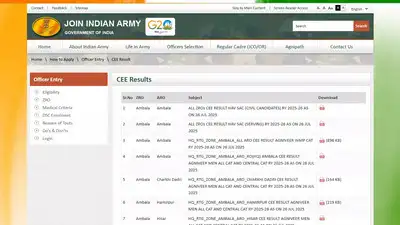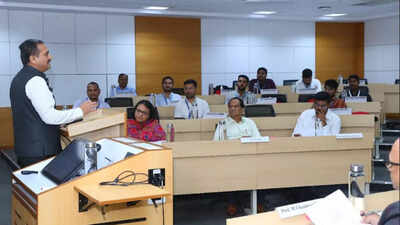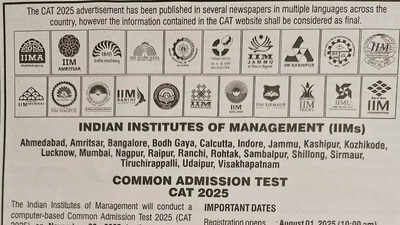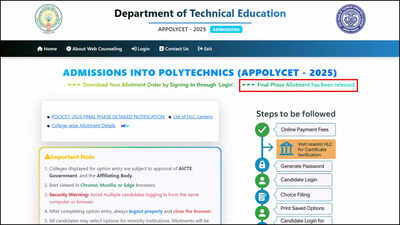NEP 2020: Why students, parents, and teachers should know about these six big changes before the new academic year
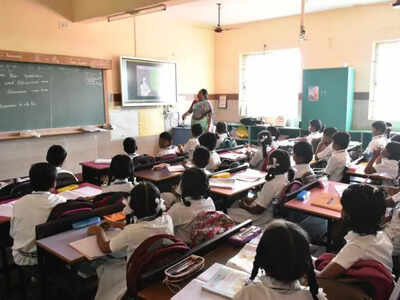
The National Education Policy (NEP) 2020 brings comprehensive reforms to the Indian education system, aiming to enhance learning quality and skill development at all levels. With the new academic year approaching, it is important for students, parents, and teachers to understand these key changes and how they will affect schooling and higher education.This policy sets out a vision for a flexible and inclusive education framework that recognises developmental needs and integrates India’s cultural heritage. The following outlines six major reforms introduced by NEP 2020 that stakeholders must be aware of.Flexible undergraduate programmes with exit optionsOne of the most significant changes in NEP 2020 is the introduction of undergraduate programmes that allow students to enter and exit at various stages. Under this system, students may leave after one year and receive a certificate, after two years a diploma, and after three or four years a full bachelor’s degree. This flexibility aims to accommodate different student goals and circumstances, encouraging greater participation in higher education.This structure also seeks to reduce dropout rates by providing recognised qualifications at multiple points in the degree process. It enables students who may need to enter the workforce earlier or pursue other interests to have formal recognition for their learning.Schooling begins at age three with a new structureNEP 2020 redefines school education into four stages aligned with a child’s development: foundational (ages 3–8), preparatory (8–11), middle (11–14), and secondary (14–18). The foundational stage includes three years of pre-school (ages 3 to 5) followed by Classes 1 and 2. This replaces the earlier 10+2 model with a system designed to suit children’s cognitive and emotional growth.Starting formal education at age three recognises the importance of early childhood learning and lays a strong foundation for future academic success. The new structure ensures that curricula and teaching methods are appropriate to each stage of development, supporting holistic growth.Parakh national assessment surveysNEP 2020 establishes the PARAKH centre to conduct national assessments measuring students’ competencies in reading, writing, and arithmetic. Surveys carried out by PARAKH assess learning levels in Classes 3, 6, and 9, revealing significant gaps in basic skills across many schools. The results guide policymakers and educators to address weaknesses and improve teaching standards.PARAKH works directly with various educational boards to reform examinations and standardise assessments nationwide. By monitoring progress regularly, it aims to raise the quality of education and ensure that students develop essential knowledge and skills.Vocational education integrated into mainstream schoolingThe policy prioritises vocational education, which teaches practical skills directly relevant to various occupations. Currently, only a small percentage of Indian youth access vocational training compared to countries like the USA, Germany, and South Korea. NEP 2020 aims to expand vocational education to at least 50% of students in middle and secondary schools by 2025.This integration means vocational subjects will become part of regular school curricula, preparing students for the workforce while also enabling pathways to higher education. It addresses the need for a skilled workforce and promotes employability from an early stage.New elective courses on Indian knowledge systemsNEP 2020 introduces an optional course for secondary school students on Indian Knowledge Systems. This course covers a wide range of disciplines, including ancient contributions in mathematics, astronomy, philosophy, yoga, architecture, and governance. The intent is to connect students with India’s rich intellectual heritage alongside mainstream subjects.This elective will be integrated into various academic areas to provide a holistic understanding of India’s cultural and scientific legacy. It encourages appreciation of traditional knowledge while fostering critical thinking and innovation.Mandatory four-year integrated degree for teachersTo improve the quality of teaching, NEP 2020 mandates that future teachers complete a four-year integrated Bachelor of Education (B.Ed.) degree. This programme combines training in education methods with a major subject such as history, science, mathematics, or arts. The aim is to produce well-qualified teachers capable of delivering high-quality education.This requirement will be enforced by 2030, ensuring that all teachers possess both pedagogical expertise and subject knowledge. The reform is expected to professionalise teaching and raise educational standards across schools nationwide.TOI Education is on WhatsApp now. Follow us here.


